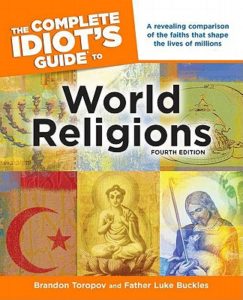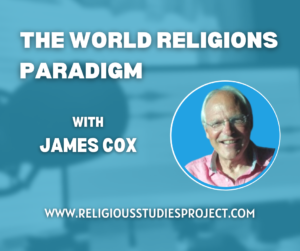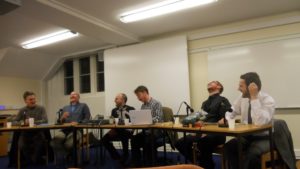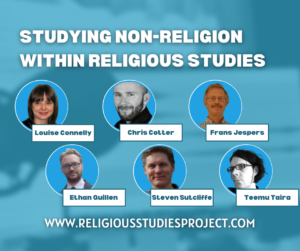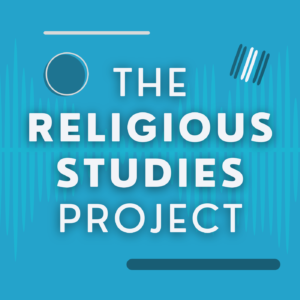
Bruno Latour, Talking “Religiously”, part 1
Professor Bruno Latour is one of the most respected scholars in the social sciences today. In this first part, Latour and David Robertson discuss the broader relevance of his work for Religious Studies. They discuss actor-network theory, of which Latour was instrumental in developing. This includes some discussion of phenomenology and religious “essence”.


